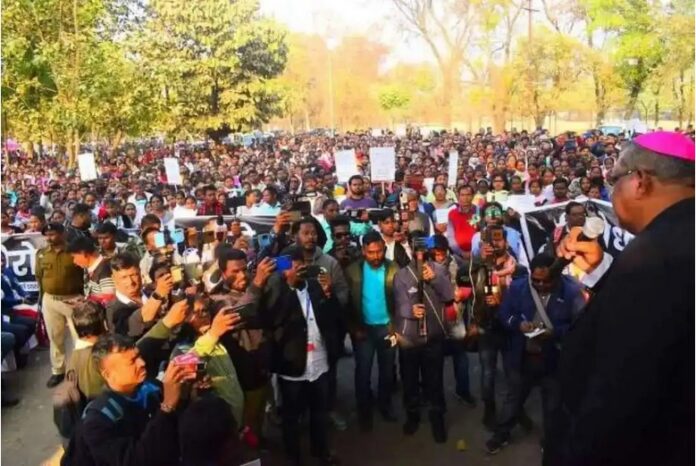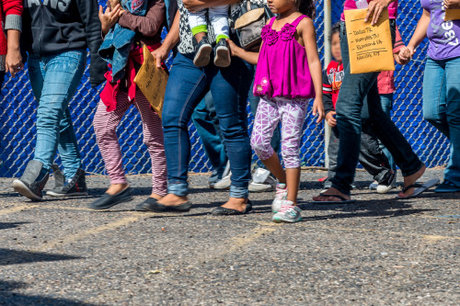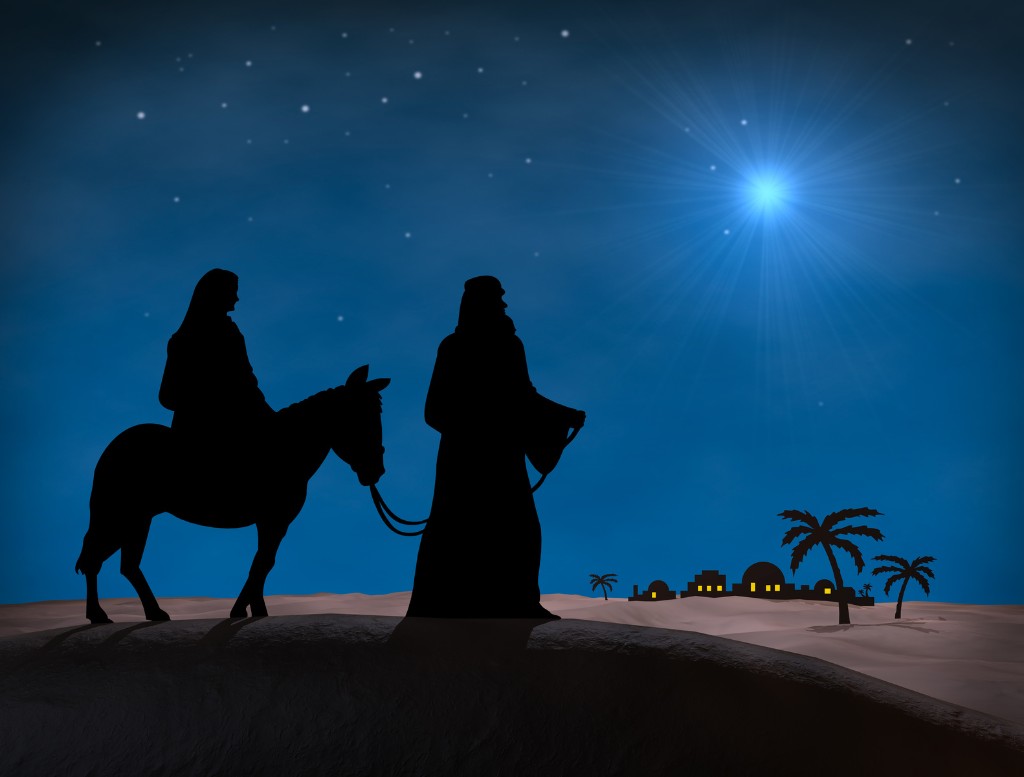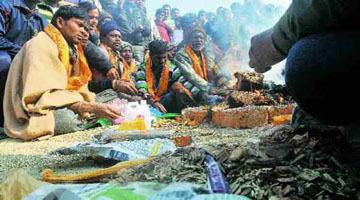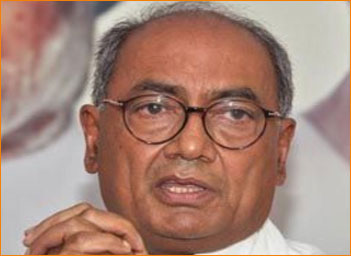TRIBAL Christians in poll-bound Chhattisgarh have protested against a call to de-list them from India’s affirmative action program and deny them reservation benefits.
Hundreds of tribal Christians on June 10 marched through Raipur, Chhattisgarh state capital, six months ahead of the state elections, UCA News reported.
They shouted slogans against some Hindu groups’ demand to remove tribal Christians from the list of people receiving reservation benefits in jobs and educational institutions.
Tribal groups, listed as Scheduled tribes, receive such benefits as part of affirmative action to bring them social mainstream.
Certain Hindu groups say tribal people who have become Christians should not be given such benefits as they have left traditional tribal customs and faith.
Anil Kispota, a member of the organizing team, told the media that their “ancestors were tribal, and they continue to remain tribals.”
Clad in their traditional attire, they gathered at the Science College ground under the banner of the Chhattisgarh Christian Adivasi Mahasabha (Chhattisgarh Christian tribal forum).
In April this year, the Janjati Suraksha Manch (tribal protection forum) organized a rally in Raipur, demanding that tribal people, “who do not follow the traditions and customs, should be removed from the benefits meant for the Scheduled Tribe (ST) community.”
Ram Bhagat, convenor of the forum and a former state minister, expressed the forum’s commitment to preserving the culture, customs, languages, traditions, and heritage of its ancestors.
Nearly 98.3 percent of Chhattisgarh’s 23 million people are Hindus. Muslims account for 1 percent and Christians, mostly tribal people, account for 0.7 percent.
Kispota said that the call to delist tribal people, who embraced Christianity and other religions, was made with malicious motives to create discord in society.
If tribal Christians are delisted, they lose the benefits which are meant “to uplift their socio-economic condition,” Father Nicholas Barla, secretary of the Catholic Bishops’ Conference of India (CBCI) Commission for Tribal Affairs, said.
Delisting tribal people who converted to other religions has assumed political significance as some of the tribal majority regions like the entire northern belt of Sarguja voted en masse for the opposition Congress in the 2018 assembly elections, forcing the current ruling pro-Hindu Bharatiya Janata Party (BJP) to draw a blank.
With the next assembly elections at the end of this year, there is a move towards delisting of converted tribal people to lift the poll prospects of the ruling party.
The Janjati Suraksha Manch (JSM) has been at the forefront of delisting protests. Founded in 2006, the JSM is widely perceived to have the backing of the ruling BJP and its parent organization, Rashtriya Swayamsevak Sangh.



